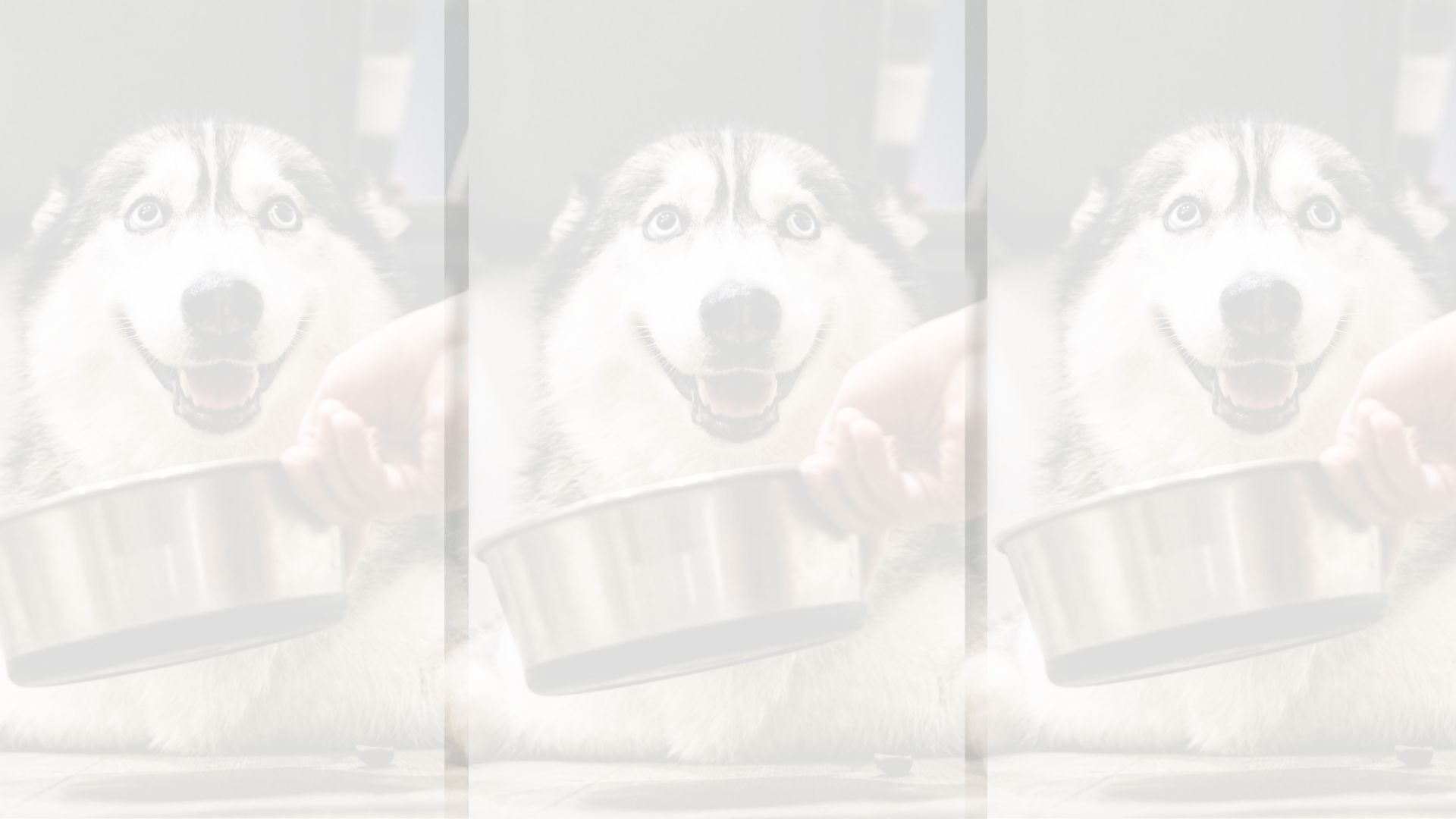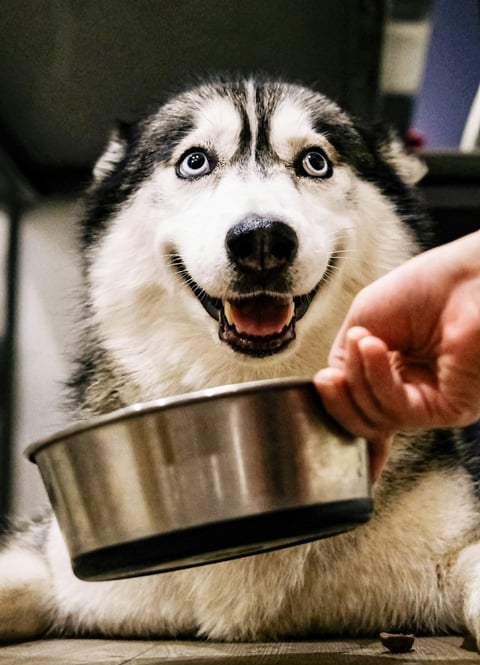No More Worrying: A Guide to Feeding Your Dog Best Dog Food
Discover the best dog food for optimal health, nutrition, and happiness. Choose quality well balanced food for your furry friend will love and thrive on!!!
3/14/20252 min read

Understanding Your Dog's Nutritional Needs
As a responsible dog owner, it’s crucial to ensure that your furry friend is receiving a balanced diet tailored to their specific nutritional needs. Dogs, much like humans, require a mix of proteins, carbohydrates, fats, vitamins, and minerals to thrive. But with so many options available, it can be overwhelming to decide what to feed your canine companion. The first step is understanding their needs based on age, size, activity level, and health status.
Choosing the Right Ingredients
Feeding your pup should not be a guessing game. Start by selecting high-quality pet food or ingredients if you prefer home cooking. Look for brands that list whole meats as the first ingredient, followed by whole grains and vegetables. Protein sources like chicken, beef, and fish are essential for developing muscles and energy. Don't forget to include healthy fats from sources like fish oil or flaxseed, as they support a shiny coat and healthy skin.
Debunking Common Myths
There’s a lot of misinformation surrounding dog diets, and it’s time to set the record straight. One common myth is that dogs thrive solely on meat. While proteins are vital, dogs also need vegetables and grains for fiber and essential nutrients. Another myth is that table scraps are perfectly acceptable. In reality, certain human foods can be harmful to dogs, so it’s best to stick to high-quality dog food.
Maintaining a balanced diet for your dog isn’t just about the type of food, but also about portion control. Overfeeding can lead to obesity and health issues, so it’s essential to follow the feeding guidelines provided by your dog food manufacturer or your vet. Regular check-ups will also help monitor your dog's weight and overall health, ensuring they are getting the nutrition they need.
If you’re considering switching your dog's diet, do it gradually to avoid digestive upset. Mix the new food with the old gradually over a week or two until they’re fully transitioned. This not only eases digestive strain but also allows you to observe how your dog reacts to the new food.
Finally, remember that each dog is unique! What works for one might not work for another. Always consult with your veterinarian regarding the best dietary approach. With the right information and a little effort, you can ensure that your dog receives a healthy, balanced diet tailored to their specific needs. No more worrying—just happy, wagging tails!
Join the Happy Woof Stuff YouTube Channel to view this insightful video! https://youtu.be/HOxouqUgLmQ


